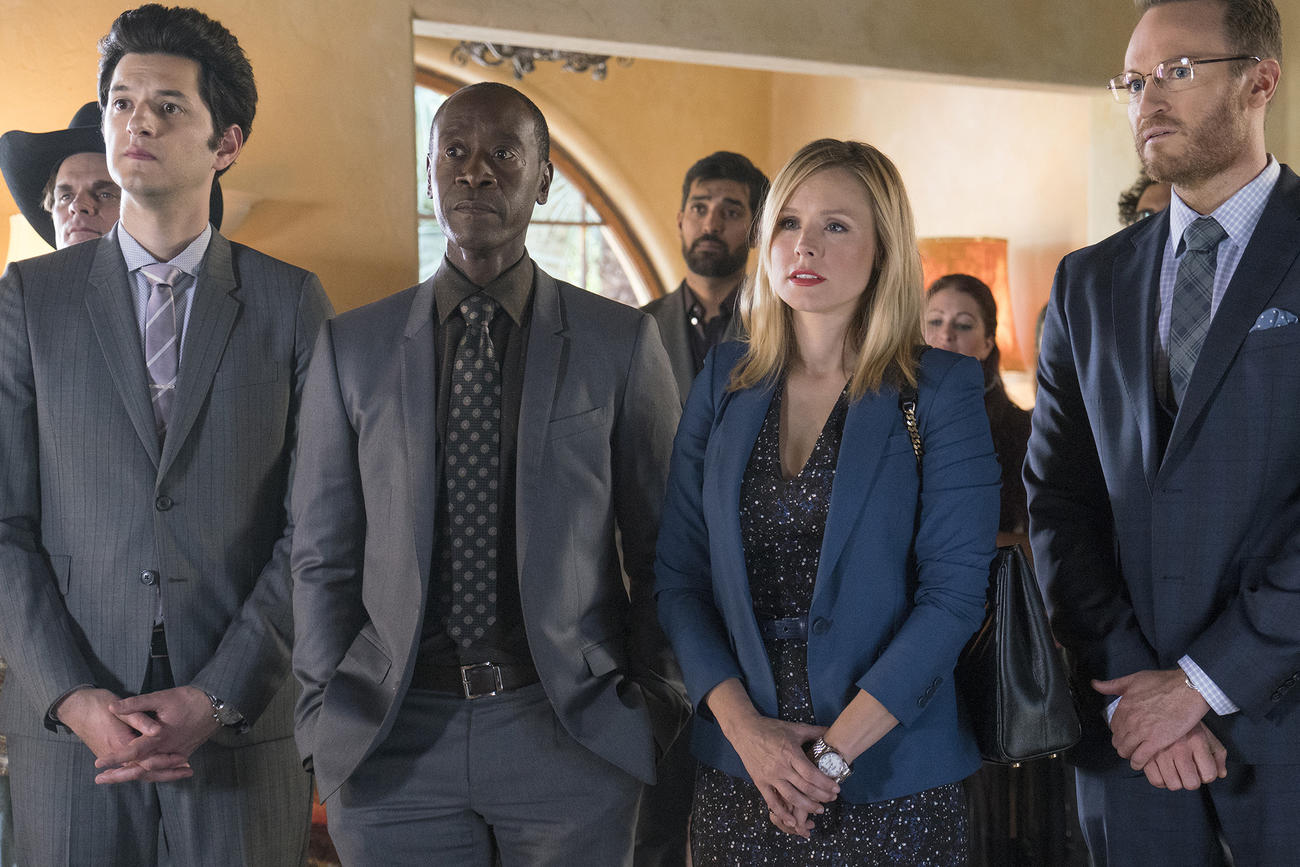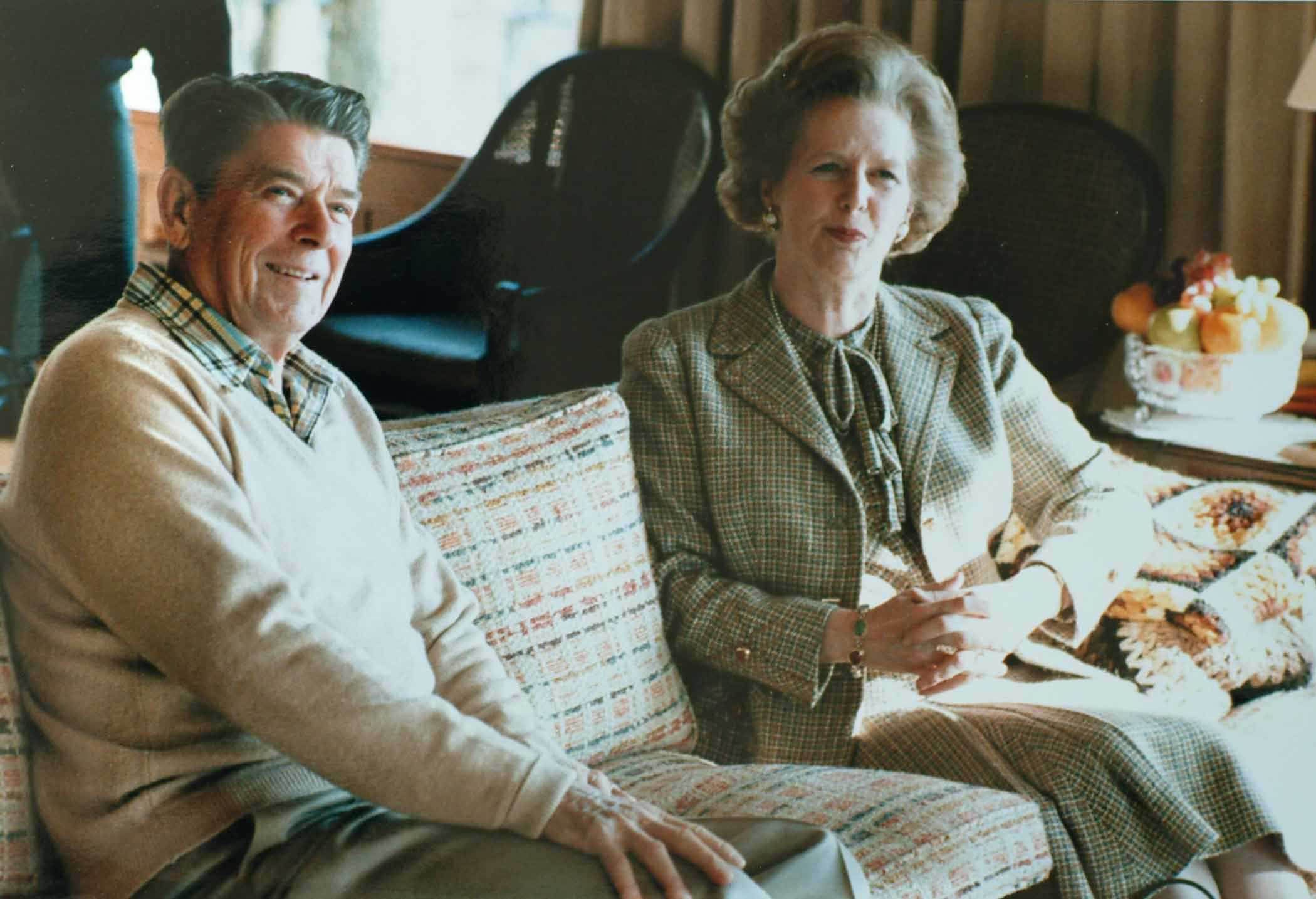
Politics & Society
A winning political vision

Consulting to Australian state and federal governments is big business, but sharpening the capacity and critical thinking of civil servants could reduce reliance on the industry
Published 24 May 2018
Management consultants occupy an uneasy place in the public imagination. On the one hand, they are vilified as corporate assassins, designing interventions to cut jobs and public expenditure. On the other, their services are still very much in demand.
Indeed, the global consulting industry is generally valued in the billions of dollars. A December 2017 report by IBISWorld placed industry revenue in Australia alone at around $28 billion, with government work making up about 15 per cent of this total (or $4.4 billion).

In Australia, concern about consultants’ role in politics is particularly high, with the Commonwealth Parliament currently running an inquiry into the Australian Government’s use of them. This issue was also explored in a 2014 review by the Victorian Auditor General.
So, what is this money spent on? Generally, consultants supply knowledge, expertise, and ideas to their clients. This usually takes the form of advice and recommendations in response to specific problems that a client has identified. In the public-sector context, this often means advice on organisational matters including restructuring, IT systems development, expenditure reviews, development of business cases, cost-benefit analyses. The list goes on.

Politics & Society
A winning political vision
It can also mean providing advice on matters directly related to public policy. For instance, several governments, including those in Ireland, Saudia Arabia, Singapore, Taiwan and the UK have incorporated the ideas of American business theorist and management consultant, Michael Porter, as part of their approach to national competitiveness.
These descriptions, however, belie some difficult definitional problems. Consulting work is inherently ambiguous. It can be challenging to properly classify the work that consultants do, or to define what a consultant is. This results in people confusing consultants with contractors or with professional services. ‘Management consulting’ is also often confused with ‘policy consulting’ which, in my view, is quite different. Definitions and typologies of consulting work also vary, depending on who you ask.
Two arguments are typically advanced to explain why consultants complete so much work for government.
The first is the ‘capacity argument’ – essentially, as a result of the Thatcher/Reagan years in the 1980s, where governments were downsized in favour of privatisation, governments lost their internal capacity to produce the kinds of outcomes over which they are entrusted. So they turned to external advisors like consultants for knowledge and expertise.
The second argument is that consultants are uniquely placed to provide advice to public sector decision-makers, given that they are - in theory at least - up-to-date with the latest business management practices in the private sector.

But these arguments are misguided. Political decision-makers have always turned to others for advice. Given the complexity of modern policy-making, calling on a range of people – including consultants – seems to be a sensible way of addressing difficult social and political issues. Moreover, there are sound reasons why a managerialist approach might, in certain circumstances, be suitable.
Of course, none of this automatically means that consultants should be used as much as they are. So how do we unscramble the egg? If the extensive use of consultants is a result of a diminishing capacity of civil servants, particularly policy capacity, how can we reintroduce that capacity?

Politics & Society
Defining policy failure in the Australian public service
There are several promising options. One is to incorporate skills-development of public servants as an express requirement in consultants’ contracts. This is an option discussed in academic literature, and something that I have come across in my PhD research.
Finally, explicitly teaching critical thinking skills at universities should be explored. Edward de Bono argues that critical thinking is a skill that can, and should, be formally taught. Unfortunately, our current approach to tertiary education often assumes that students will pick up these skills, almost through osmosis.
If graduates have explicitly studied critical thinking, it would help governments employ staff that can address some of the issues currently covered by consultants.
Consulting to government is flawed but probably not the demonic presence it is often made out to be. At the same time, if we are serious about reducing the amount of public money spent on consultants, then we should get serious about developing critical thinking skills in both the current and future workforce.
Martin Bortz is completing a PhD focusing on the role of management consultants in public policy.
Banner image: Getty Images